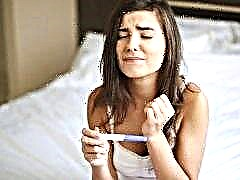
Most women are well aware that ovulation is the most favorable day for conceiving a baby. But the rest of the days of the menstrual cycle raise a lot of questions, including with regard to possible fertility. Is it possible to get pregnant without ovulation? This article will tell you.
Is it possible?
For a successful conception, two integral components are necessarily necessary: the reproductive cell of a man and the reproductive cell of a woman. As a result of their merger, a new organism is formed - your unborn child, which further develops and grows in the mother's womb before childbirth. There are usually no difficulties with obtaining male germ cells.
Men are fertile any day, from puberty to old age. Their sex cells are produced and renewed constantly.
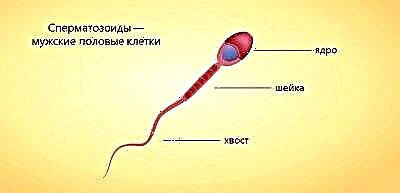
In a woman, the constant production and renewal of germ cells does not occur - her reserve of eggs is limited by the ovarian reserve (with which a girl is born). The number of oocytes is strictly limited, and in order for it to last for a long time, nature provides for the maturation of a strictly defined number of cells with a certain cyclicity. Only one egg matures once a month (very rarely, two).
If sperm cells meet in a woman's genital tract with a mature and viable egg, conception occurs. The oocyte matures in the first half of the menstrual cycle and about the middle of it leaves the follicle, which bursts under the influence of hormones. The female reproductive cell retains the ability to fertilize for about a day. And it is the day of oocyte release that is called ovulation.
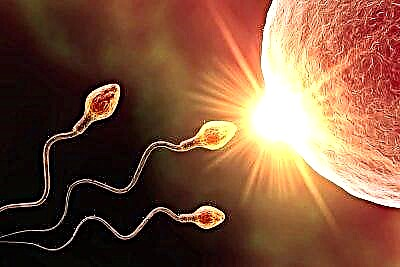
The chances of conception are maximally great on the day of ovulation and a day later. If conception does not happen, the egg dies and is excreted with menstrual bleeding, after which the female cycle begins anew.
Such a short fertile period in women does not mean that sex without contraception will not lead to pregnancy on other days of the cycle. It's all about the viability of male germ cells. They can live in the genital tract for up to 3-4 days without losing their ability to fertilize (some researchers report that spermatozoa with high male fertility live up to 6-7 days, but this is rather rare).
Therefore, it is not difficult to imagine that sperm can wait for the release of an egg and successfully fertilize it if unprotected intercourse occurs several days before ovulation.
Ovulation itself may not occur strictly in the middle of the cycle, but earlier or later: if a woman is nervous, travels with a change in climate and time zones, has a cold or takes some medications. In the case of a late release of the oocyte, the days after ovulation also become dangerous from the point of view of the possibility of pregnancy.
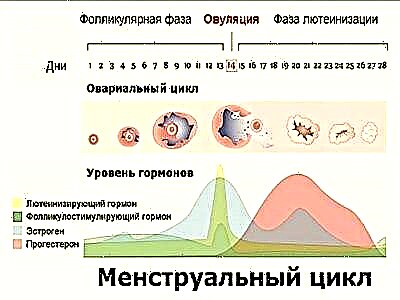
Important! It is believed that the boundaries of the fertile window are the day of ovulation itself, 4 days before and 4 days after it.
But it should be understood that ovulation is a prerequisite for pregnancy. If a woman does not have it at all in a cycle, then there is no reproductive cell necessary for conception, and therefore pregnancy does not occur. Such cycles are normal for every woman. They are called anovulatory... There are many options here: the follicle may not mature, ovulation may occur without an egg. But there is only one outcome - pregnancy in such a cycle is impossible.
In young women, the normal number of anovulatory cycles per year does not exceed 1–2. In the rest of the months, women are quite fertile and fertile.
But after 35 years, according to statistics, the number of anovulatory cycles grows to 5-6 per year, and it becomes more and more difficult for a woman of this age to get pregnant.
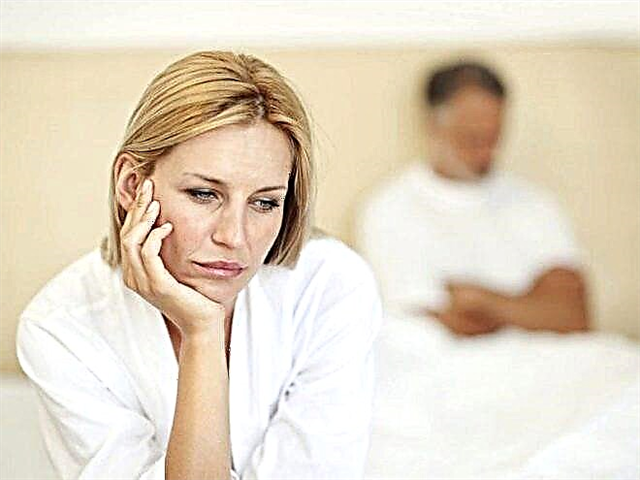
Why does pregnancy occur outside of ovulation?
Basically, this question worries those whose plans for pregnancy are not yet included. As already mentioned, the cause of an unplanned pregnancy can be a violation of contraceptive requirements. Conception occurs only at the time of ovulation, but a man's sex cells can be present in the genital tract and before it occurs - for pregnancy, in this case, sexual contact on the day of ovulation is not at all necessary.
It is important to understand that during ovulation, ejaculation in the genital tract is also optional - small amounts of sperm may also contain pre-seminal lubricant released from a man at the time of sexual arousal. And sometimes this amount is quite enough, because only one sperm is needed for pregnancy.
It is also impossible not to take into account that the female cycle is regulated by hormones, and their ratio in the body depends on many factors, and ovulation can occur earlier or later, and a woman will not guess about this if she does not track the phases of her cycle (does not measure basal temperature, does not conduct ovulation tests).
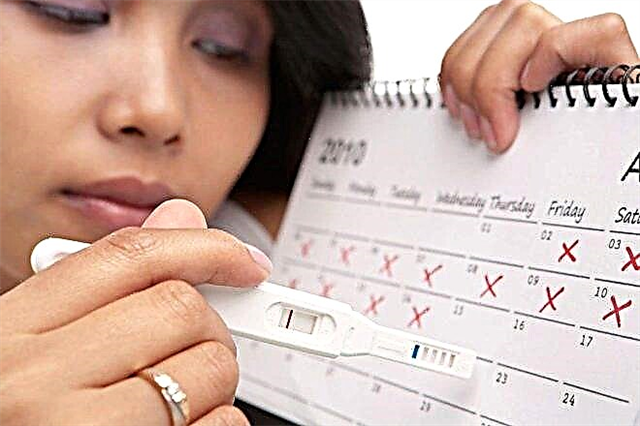
The reasons for the lack of release of the egg
Without ovulation, as already mentioned, pregnancy is impossible on any day of the cycle. Anovulation is a fairly common cause of female infertility. With her, regular menstruation often persists, but there is no reproductive cell for conception. The corpus luteum on the ovary cannot form without full ovulation - pregnancy will not occur.
The egg cell may not mature and not be released at the right time for a variety of reasons. There are natural causes, and there are pathological ones. The first group should include the already onset pregnancy (with it, new oocytes do not mature), the period after childbirth with breastfeeding, as well as the onset of menopause. If a woman is taking oral contraceptives, hormones suppress egg maturation. And within 1-2 months after the abolition of OK, it is possible (but not necessary!) That ovulation will take place.
Among the pathological reasons for the absence of ovulation, the following should be noted:
- significant fluctuations in weight (weight loss or gain);
- diseases of the endocrine glands;
- ailments of the hypothalamic-pituitary complex, which can lead to head injuries, problems with the blood supply to the brain, brain tumors and other causes;
- polycystic ovary;
- inflammatory diseases of the ovaries and some of their anatomical defects;
- genital infections.
It is also important to consider the lifestyle. Often the lack of ovulation is associated with working the night shift, lack of sleep, excessive physical exertion. Lack of ovulation while maintaining menstruation is possible while taking antidepressants, anticonvulsants and antibiotics.

Conclusions
It is possible to get pregnant on ordinary days if there is ovulation in the cycle. If it is not there in principle, pregnancy does not occur. Testing your fertility is not difficult. For three months, a woman needs to measure basal temperature and keep a schedule. Ovulation in the cycle resembles a bird's beak with open wings on the graph. The beak is the day of oocyte release, accompanied by a sharp decrease and subsequent rise in basal temperature. It is also important to evaluate the quality and quantity of cervical mucus - the discharge on the eve of ovulation becomes viscous, viscous, abundant. After it, their number decreases on the second day and becomes the minimum for the entire period of the menstrual cycle.
You can use a pharmacy ovulation test. The appearance of two stripes will indicate that the oocyte will leave the follicle in 1–2 days. And you can also do an ultrasound of the ovaries and donate blood for female hormones.




